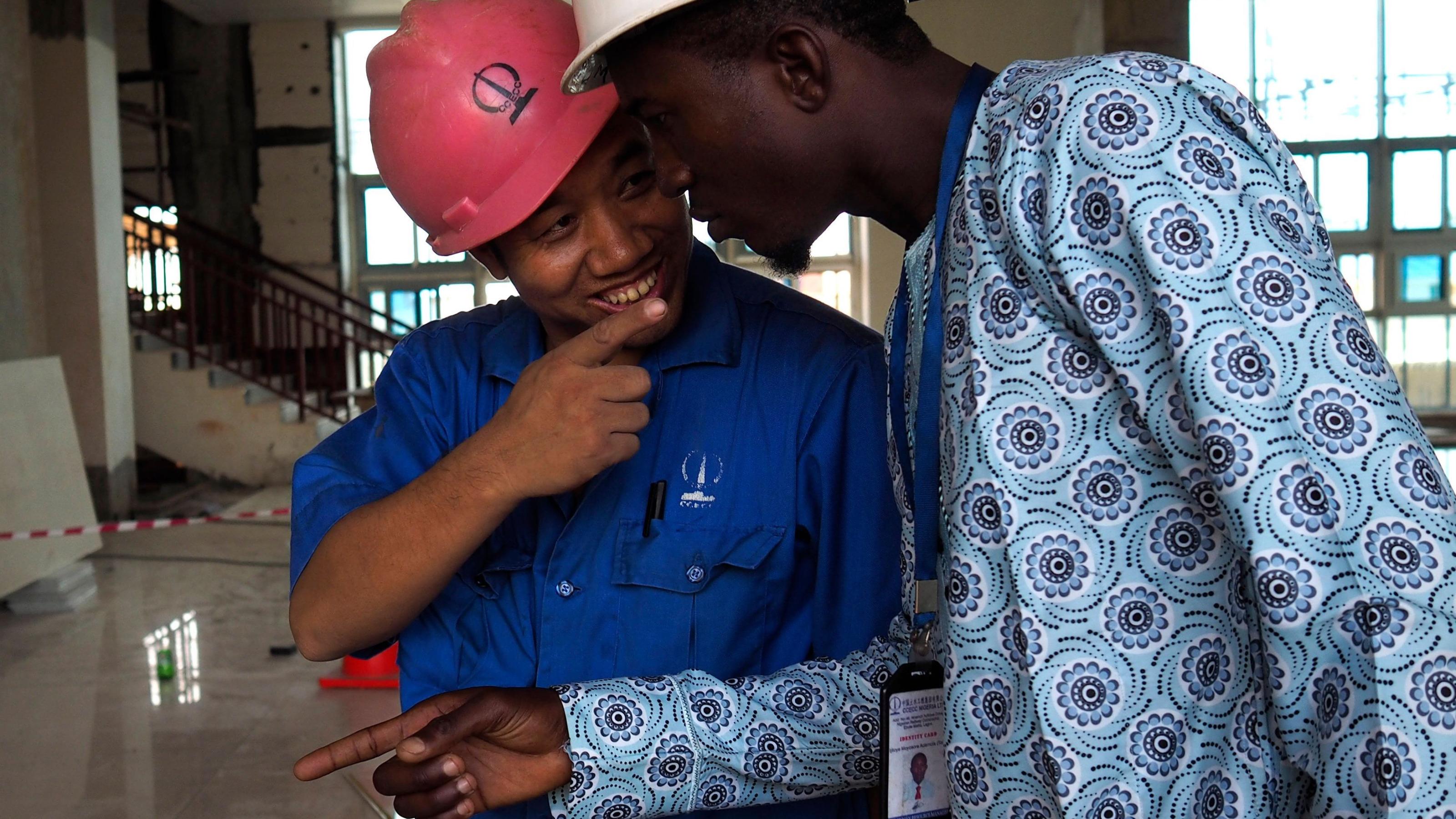News
Aid fails to solve the DRC crisis
Despite this considerable investment, the country's peace is continually challenged by incessantly violent conflict between rival militias, ethnic armies and government factions.

Director, The Brenthurst Foundation
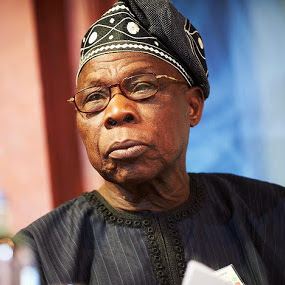
Former President of Nigeria; Chairman and Advisory Board Member Emeritus, The Brenthurst Foundation
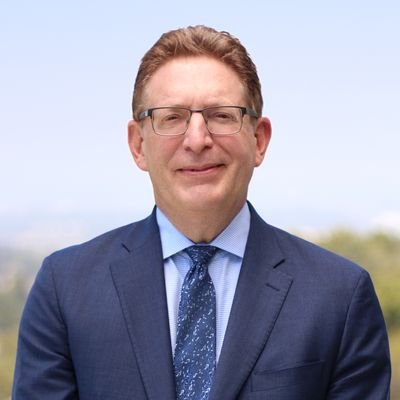
Former President and CEO of the NEWSEUM, USA
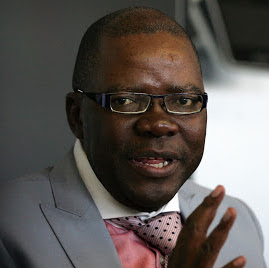
Former Minister of Finance, Zimbabwe
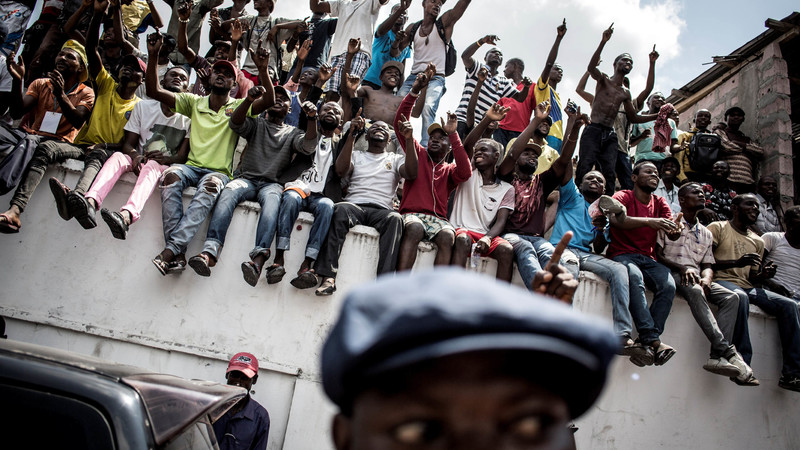
The international community spends more than $1-billion each year retaining the United Nations Organisation Stabilisation Mission in the Democratic Republic of the Congo (or Monusco). It has been under way since 1999 since the removal of Mobutu Sese Seko from power two years earlier and the subsequent conclusion of a peace agreement between the regional and domestic warring parties.
To this bill should be added the approximately $1-billion for each of the country’s two democratic elections in 2006 and 2011, and nearly $50-billion in official aid since 1999.
Despite this considerable investment, the country’s peace is continually challenged by incessantly violent conflict between rival militias, ethnic armies and government factions. Probably more than five million people have died (no one really can say with any certainty given the conditions), with endemic violence that The Economist has described as “children murdering in gangs, civilians massacred by the thousand, rape as common as petty thievery”.
In what is construed as the “rape capital of the world”, where the abuse of women is used “as a weapon of war”, it has been estimated that 48 women are raped every hour in the DRC.
Despite possessing an estimated $20-trillion in mineral wealth, the country ranks 176th out of 188 countries on the UN Human Development Index. The indices for misery in the DRC are apparently endless. And, unsurprisingly, the government and some of its mining partners have been at the centre of multiple corruption allegations.
Elections, originally scheduled for 2016, were delayed by two years as President Joseph Kabila filibustered, in the knowledge that, without changing the Constitution, which he lacked the support to carry through, he could not stand for a third term. All manner of delaying tactics were employed, including preventing his main political rival, the governor of Katanga, Möise Katumbi, from returning to the country to register his candidacy. Without a shred of irony, Kabila’s government has said that it could not afford the $1.8-billion for the election, while rejecting foreign aid to do so.
Further points of disagreement included the government’s plans to use 100 000 electronic voting machines that domestic critics and international observers said would open the door to potential fraud.
Despite the enormous external assistance, the DRC has never possessed effective and educated leaders committed to creating, maintaining and prioritising the governability of the country. In part, this is because the international community gave Kabila an effective free pass in the 2006 and 2011 elections, setting the stage for a wider, later crisis. Moreover, the international community failed to engage effectively in the lead-up to the end of Kabila’s constitutional mandate in 2016 to ensure an effective democratic transition.
Aside from doubts about the practicality of attempting to govern a country larger than Western Europe with scant infrastructure (the difference between, for example, Europe’s 10.5-million and the DRC’s 2 800 km of paved roads), these election processes appeared to maintain the belief that the international community would put democracy and competitive elections above the threat of instability and that Kabila was interested in placing his people’s interests over his own. Instead of cementing Kabila’s popularity, the conduct of the polls divided more than they united, undermining legitimacy, entrenching patronage and bad governance, and ensuring, in a vicious cycle, that aid was badly spent on a government that cared less.
A 2013 European Union report, for example, noted that only €1-billion of EU aid of €1.9-billion for 16 aid projects in the DRC between 2003 and 2011 had “delivered, or are likely to deliver, most of the expected results”. It added: “Sustainability is an unrealistic prospect in most cases.”
Contrary to the West’s earlier bet that Kabila would bring stability, the longer he stayed on, the more likely instability and violent conflict were. The way out of this mess is difficult, given the DRC’s fictional existence as a united, governable nation.
Better donor focus could help, however, and greater discretion on what and whom they fund, but only if the overall urge to cut aid is greater than the drive to spend it. And instead of girding their loins to find ways to give more money, some honesty about aid failures would be refreshing.
This transparency could include where the funds are being spent. More should go to democracy programmes, for example, rather than being consumed by support for the logistical cost of the elections themselves.
In 2011, supporting contests that involved 63 000 polling sites, 11 presidential and 18 855 parliamentary candidates, representing more than 250 parties, required the use of 108 UN aircraft. Foreign donors have had to organise the voting booths and pay for as many as 300 000 electoral workers and 50 000 police.

As author and journalist Michela Wrong has cautioned: “Thumb pads, apps and mobile phone transmission do no harm in themselves, but they cannot replace a society’s generalised buy-in to the democratic process. The reason political parties rig elections so enthusiastically in many African countries is because winner-takes-all systems of government and imperial presidencies make the rewards so enormous and punish failure so severely.
“Now fixing that is a lot harder.”
Though foreign aid can distort lines of accountability by substituting for the failure of government services, it is not (by far) the villain in this picture, if a useful target. The issue is the leadership of the country and its focus on maintaining power and wealth. Too much foreign aid is on “autopilot” with funds spent regardless of what the leadership of the country is doing or not doing. Calling that out would be useful, as would the need for donor countries to get much more proactive in calling out bad governance, corruption and incompetency.
Elections or not, the DRC will only start to work better once it has leaders who prioritise the development of the country and its people. Without that, as investors note about the country, “foreign aid can never be anything more than a plaster on a shotgun wound”.
This is an edited extract from Democracy Works: Rewiring Politics to Africa’s Advantage by Greg Mills, Olusegun Obasanjo, Jeffrey Herbst and Tendai Biti (Picador Africa)
This was originally published on The Daily Maverick. Photo Credit (John Wessel/AFP)

